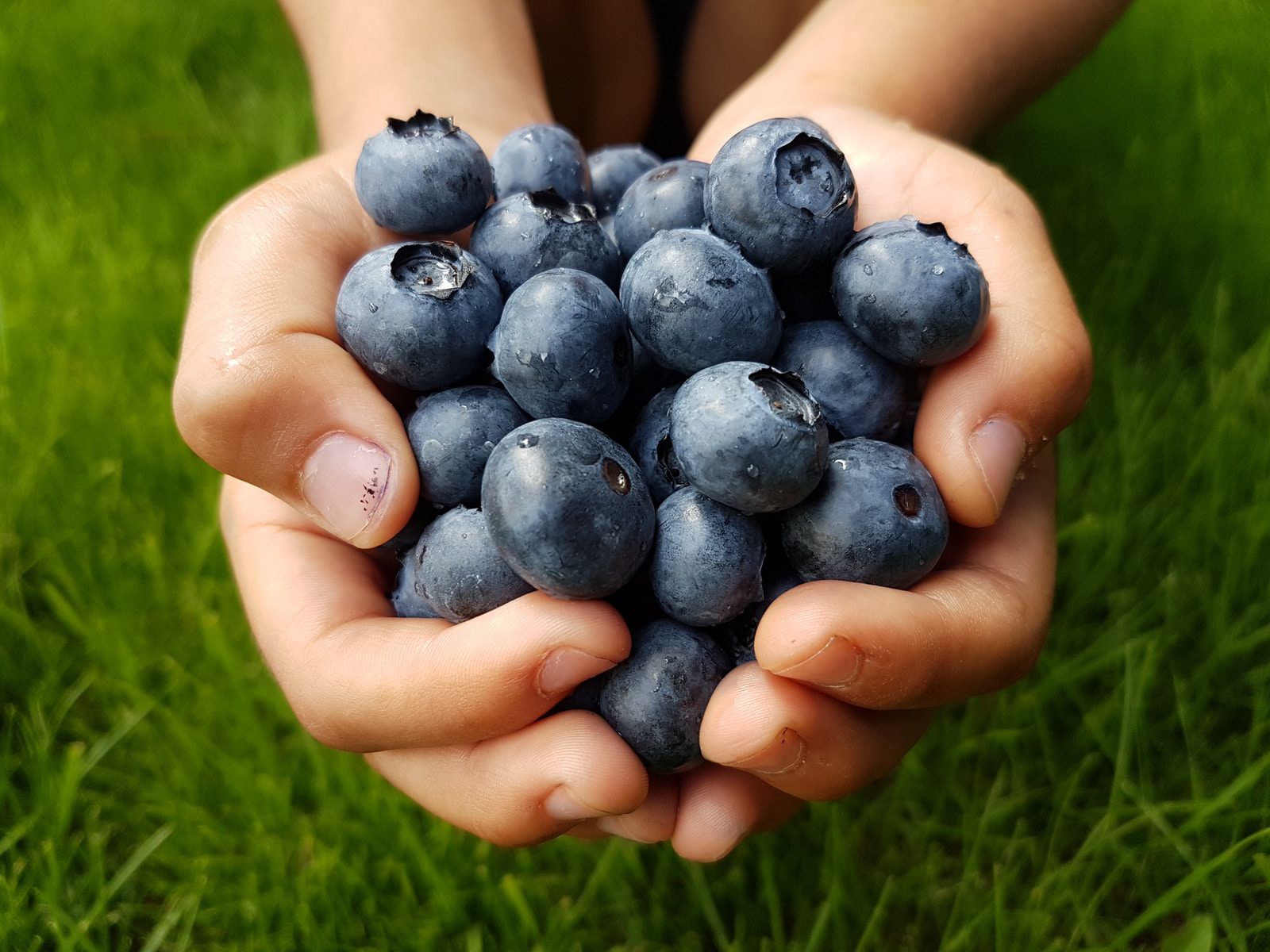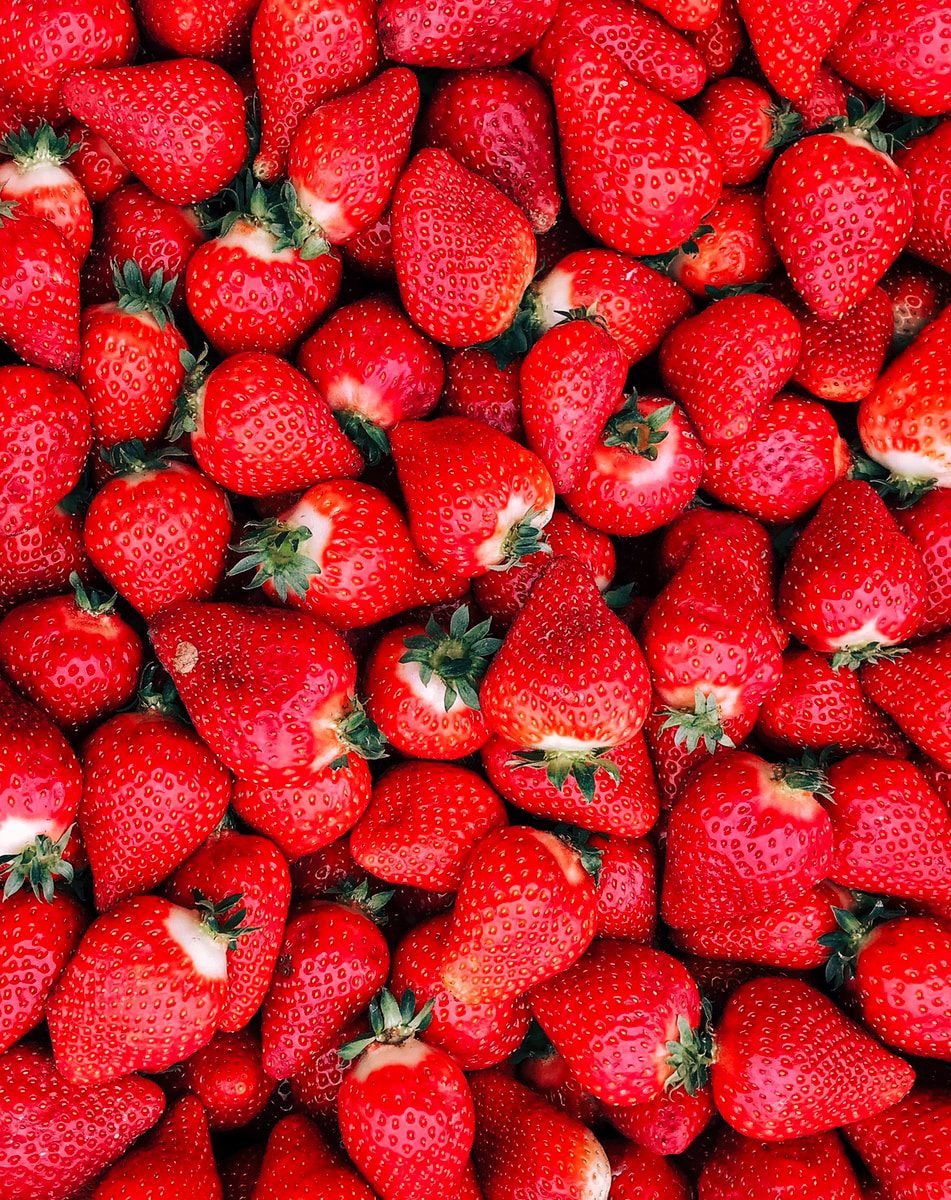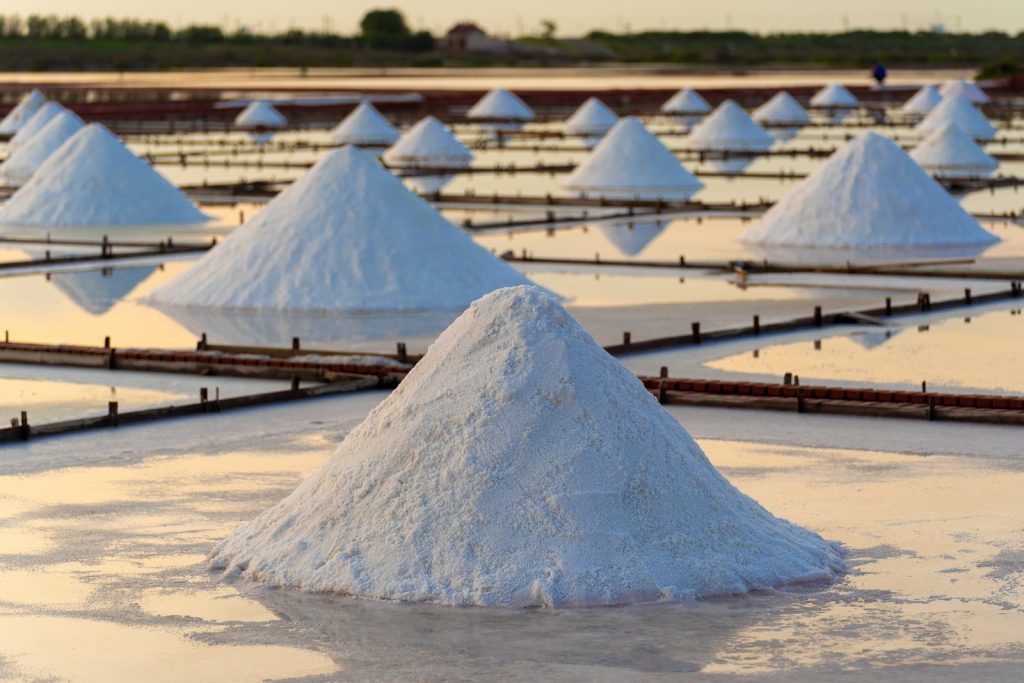What is the disadvantage of eating too much salt?
Daily intake of salt does not exceed 6g
The doctor recommends that the daily intake of salt should not exceed 6g, which is about a small spoonful.
In daily life, the salt that our body takes in not only comes from table salt, but also contains a lot of salt in other condiments, snacks, and beverages. Too much salt intake will increase the sodium content in the body and increase the burden on the kidneys, ranging from edema, dry skin, etc., to the loss of kidney function, leading to a series of kidney diseases such as renal failure.
In addition, the sodium ions in table salt will increase the ion concentration in the blood, leading to an increase in blood pressure and causing cardiovascular problems. The sodium ions in the salt will react with the mucus in the stomach, reducing the viscosity of the mucus, causing the stomach wall to lose its protective effect, causing various gastric diseases, and even increasing the risk of stomach cancer.
Too much sodium in the body leads to an imbalance of hydrolyzed substances in the body. Calcium in the body will be excreted from the body with urine to achieve a balanced effect. This is undoubtedly worse for people with insufficient calcium.
Too much salt is bad for the body
- Salt increases the burden on the kidneys ~ Because salt is sodium chloride, sodium ions need to be metabolized by the kidneys. When the body eats too much sodium ions, of course it will increase the burden on the kidneys.
- Increase the risk of urinary stones ~ Because sodium and calcium are usually excreted together, when a lot of sodium is excreted, calcium ions will be excreted too much, which will increase the concentration of calcium ions in the urine. This will lead to more stones than the average person.
- Cause stomach inflammation ~ Sodium ions themselves are irritating to the gastric mucosa. When food is too salty, it will basically cause inflammation in the stomach, and eating salty food will also increase the risk of gastric cancer.
- Cause cardiovascular disease ~ Because sodium itself absorbs water, eating a lot of sodium will increase the water in the blood vessels, and the relative blood pressure will be higher than that of ordinary people. After a long time, it is easy to get cardiovascular disease.
Eat too salty food, the body will have these symptoms

- Edema ~ Because there is too much water in the blood vessels, it will seep out of the blood vessels and then cause body edema.
- Dry mouth ~ Because of eating too many and salty things, the sodium ion content in the blood is high, the body naturally reflects that it will always want to drink water, but no matter how you drink it, your mouth feels dry.
- Frequent urination ~ Sodium ions will be excreted from the kidneys. If you eat too salty, the kidneys will continue to help you excrete sodium, and a lot of water in the body will be taken out by the urine, so there will be symptoms of frequent urination.
Too much salt can also cause diabetes
According to research, eating salty food for a long time increases the risk of diabetes by 40%.
Salt stimulates the secretion of ghrelin, so if you eat too salty food, you will naturally feel hungry and will make you eat more than the average person. In addition, salt can inhibit insulin secretion. It also increases insulin resistance, making your insulin less sensitive. Over time, the chance of getting diabetes will increase significantly.
Don’t eat too salty

Don’t eat too salty, in addition to the risk of diabetes, it will also make you have high blood pressure.
In addition, many people will accidentally eat “hidden salt”, because in many processed foods, you will not be able to see that a lot of salt has been added. For example: ham, processed bread, processed flour, etc. It is recommended that everyone eat a light diet and be careful of hidden salt.
Everyone should pay attention : Generally, natural foods inherently contain sodium. If there is no partial eclipse habit, you can eat enough of 3 servings of vegetables and 2 servings of fruits a day. In the whole day, the amount of salt that can be ingested is only a small amount left, from this perspective, almost most people have a chance to exceed the limit.
What’s more, patients with edema should be extra careful about the intake of sodium. In addition, those with kidney disease, and those with congestive heart disease and other problems, also need to cooperate with a sodium-restricted diet.
Read Articles In Different Categories

Best In The World

Beauty and Health

Food and Health

Easy Recipe

Exercise and Health

Family and Life

Finance and Economy

Global Sales Network

Global Selling

Happiness and Health

Medicine and Health

Recipe

The Benefits Of Vitamins

Blueberries are low in calories and rich in nutrients
Blueberries, which are called “North American Sapphire”, are not only delicious but also contain high nutritional value. It is also very suitable for…

What to drink to relieve menstrual cramps
Hot chocolate is a magical hot drink. Chocolate can effectively relieve tension and stress in people’s emotions.

The effects of ginger in the body
Ginger has a detoxification effect, If eating unclean food causes diarrhea, vomiting, or can be relieved by drugs…

2021 Forbes Highest Earning Athlete
The top ten sports stars in the income list earned a total of US$1.05 billion in pre-tax income last year…

Which sports are the best for weight loss
Cycling is also a good way to exercise, and the weight loss effect is also very good. Studies have shown that if you continue to cycle for 40 minutes a day …

10 delightful foods
Ice cream contains vitamin B12, riboflavin, calcium, protein and vitamin A in milk. Vitamin A has antioxidant properties and helps fight stress.

What fruits can help lose weight
Strawberry is rich in vitamin C, 7 capsules can meet the daily needs, and it is rich in antioxidant nutrients, which is of great help to…

Sports injuries should be cold or hot therapy
It is recommended that you carefully observe the affected area to see if there is still acute inflammation such as redness, swelling, heat, and pain…
